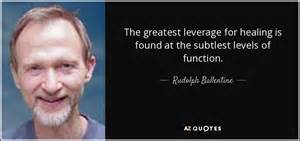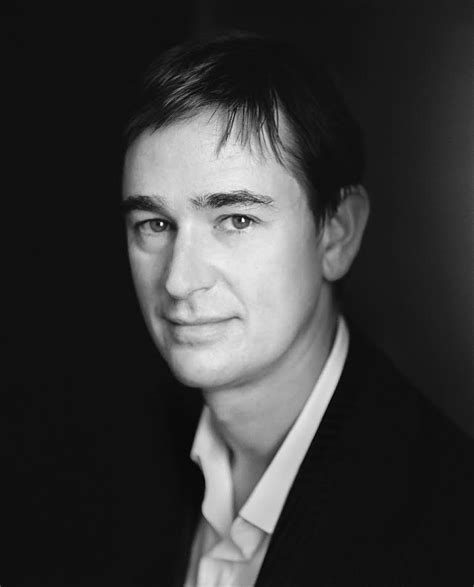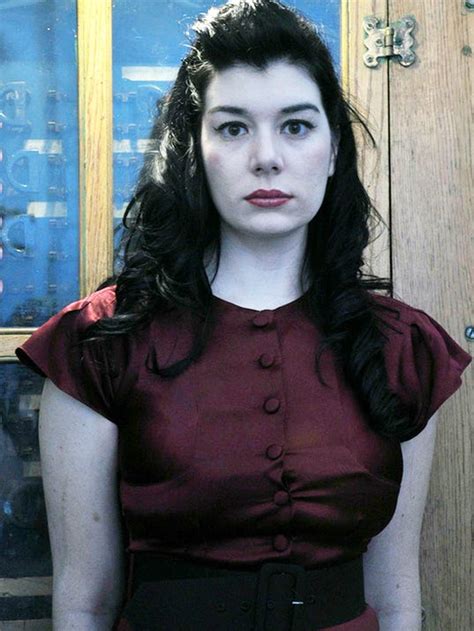A Quote by Rollo May
When one read's Kierkegaard's profound analyses of anxiety and despair or Nietzsche's amazingly acute insights into the dynamics of resentment and the guilt and hostility which accompany repressed emotional powers, one might pinch oneself to realize that one is reading works written in the last century and not some new contemporary psychological analysis.
Related Quotes
What is courage? This courage will not be the opposite of despair. We shall often be faced with despair, as indeed every sensitive person has been during the last several decades in this country. Hence Kierkegaard and Nietzsche and Camus and Sartre have proclaimed that courage is not the absence of despair; it is, rather, the capacity to move ahead in spite of despair.
Until I was a junior in high school, I was a "boy scientist" type and expected to go into chemistry. Then I discovered the humanities. I read the plays of Shakespeare voraciously, some novels, such as Pasternack's Dr. Zhivago and Sinclair Lewis' Main Street, and I got into philosophy by reading Kierkegaard and Nietzsche.
I believe the advantage music has is the capacity to multiply itself, the capacity to keep itself in space and access itself at different times and in different processes and to make profound analyses, analyses that through musicality would be able to connect with people who don't necessarily have the energy or wish in any exact moment to connect to well-read or critical analysis.
THE WRITER can get free of his writing only by using it, that is, by reading oneself. As if the aim of writing were to use what is already written as a launching pad for reading the writing to come. Moreover, what he has written is read in the process, hence constantly modified by his reading. The book is an unbearable totality. I write against a background of facets.
It's strange that in an age when we pride ourselves on our independence of thought we meekly submit without further question to the declaration of a clearly unbalanced nineteenth century philosopher that God is dead! That's cheeky, of course - and one rarely comes away from reading Nietzsche without learning something new and significant. He's certainly FAR more unsettling for faith than any contemporary atheist I know of.
When I was writing Love and Lies, I was going over a lot of my old notes to see if there were any insights in them. I was obsessed with Friedrich Nietzsche, Søren Kierkegaard, Arthur Schopenhauer. These are not guys that you want to go to for understanding the nature of love. They clearly didn't get it.
Of course, if one's reading Kierkegaard for personal interest that's fine - but it's sloppy scholarship just to cherry pick what suits one from a particular author, whether it's Kierkegaard, Heidegger, or whoever. Nevertheless, it does seem to me that even the more religious parts of the authorship can offer significant insights into the meaning of the human condition to those who can't then say that, e.g., they believe Jesus Christ is the Son of God and their personal Saviour.



































